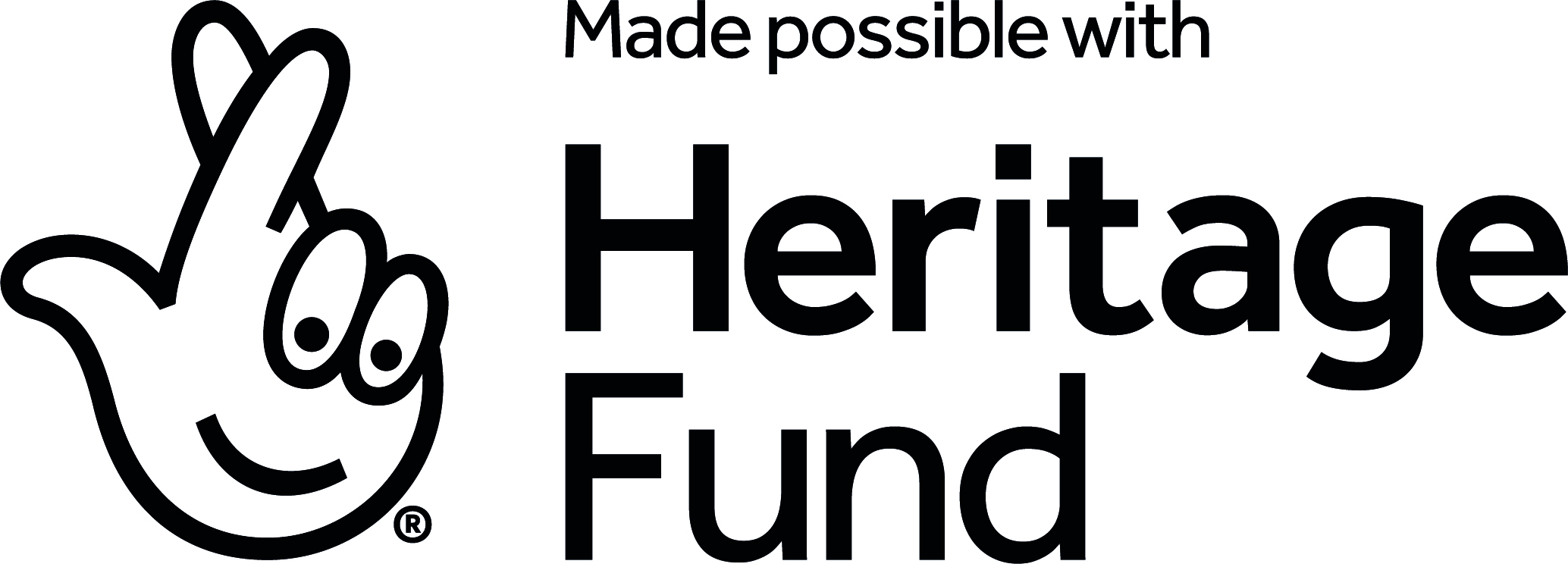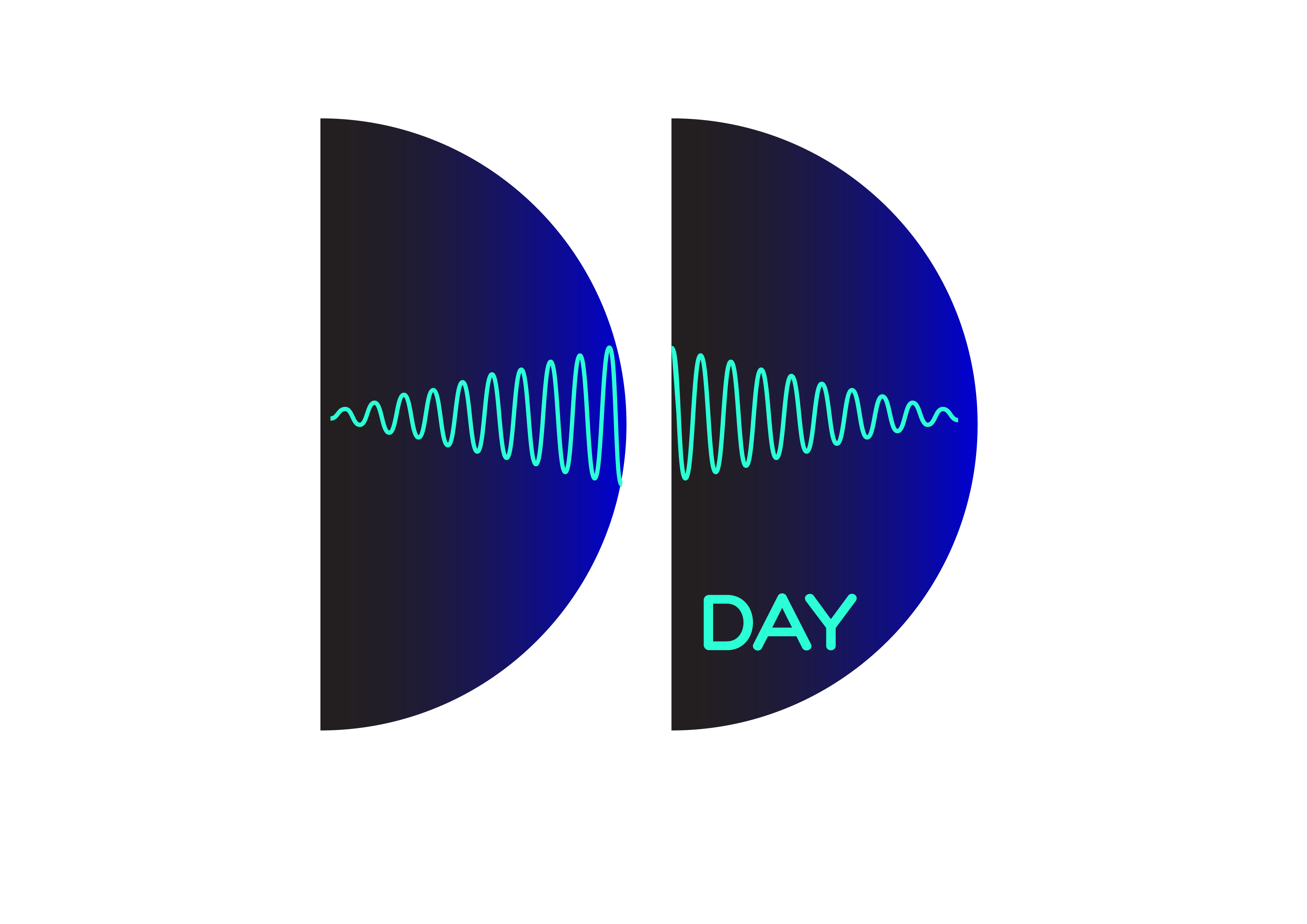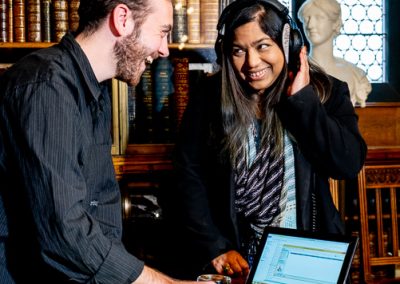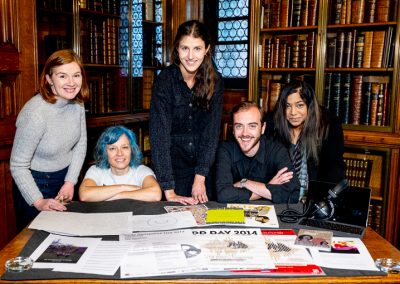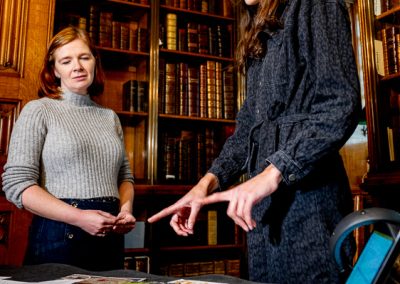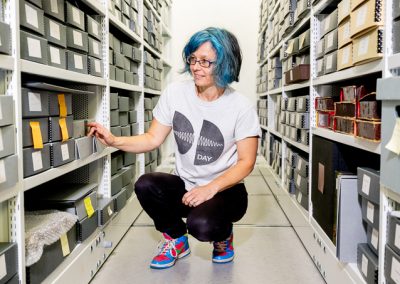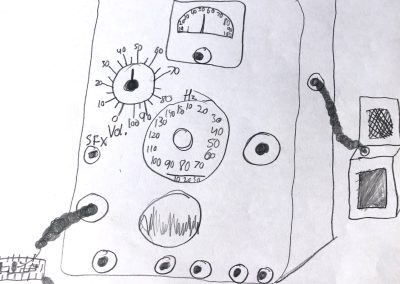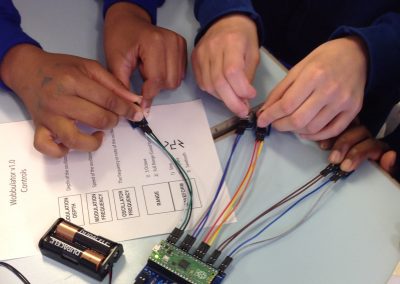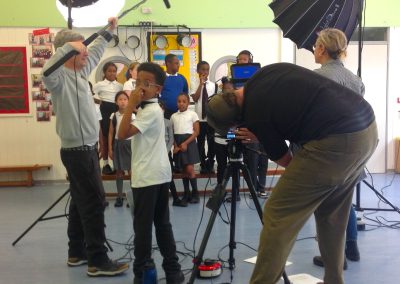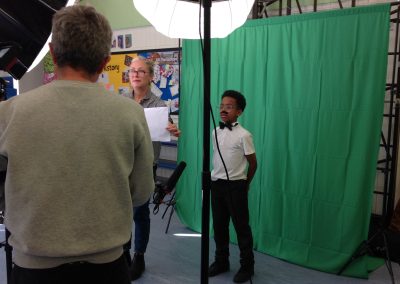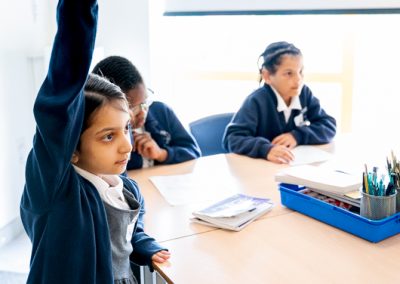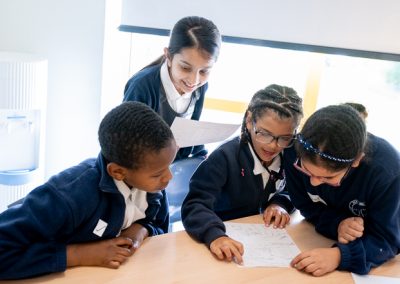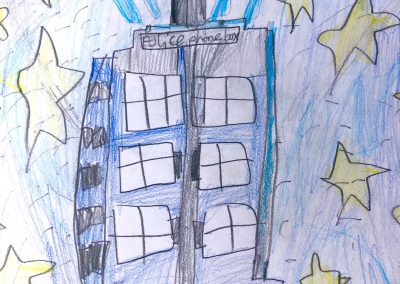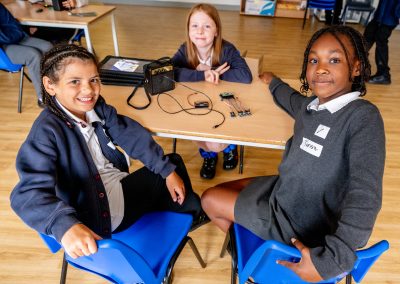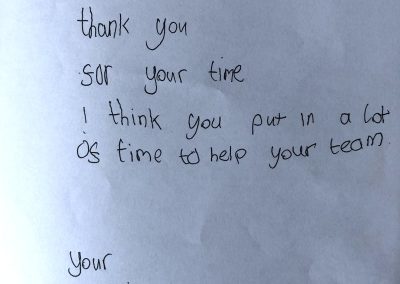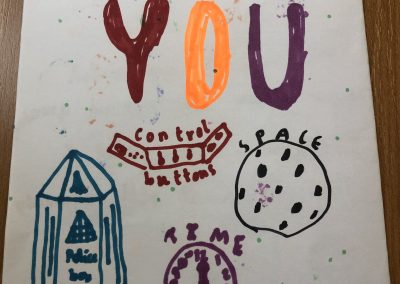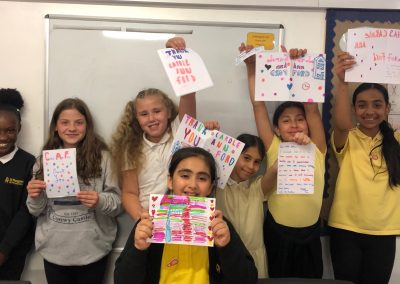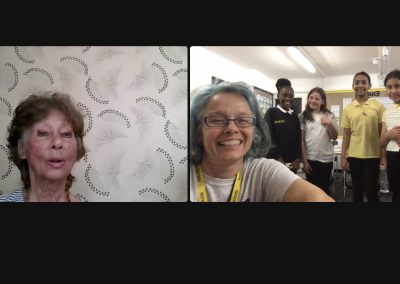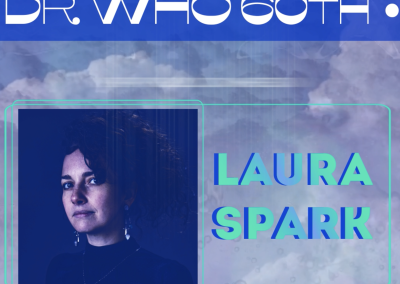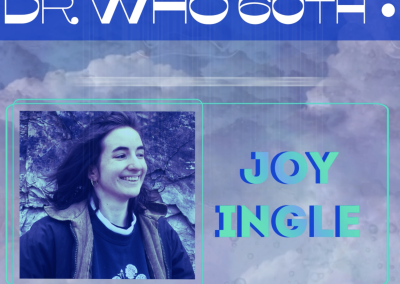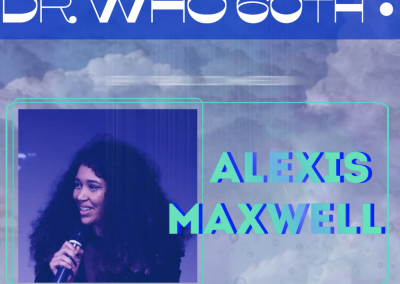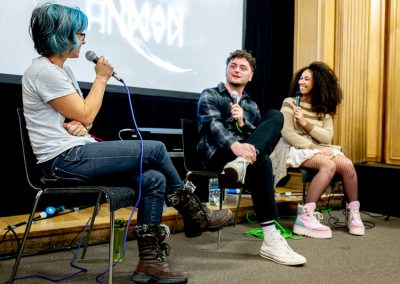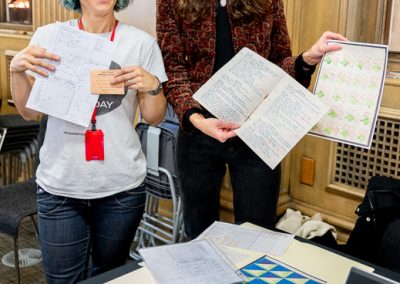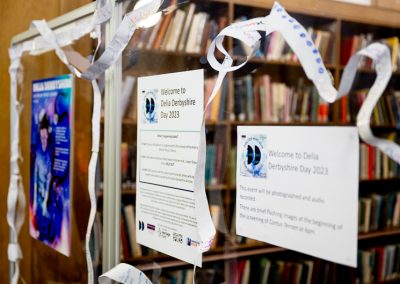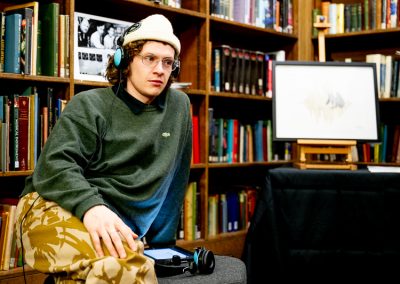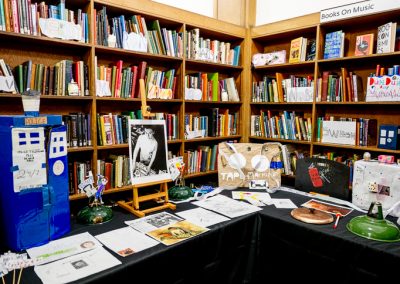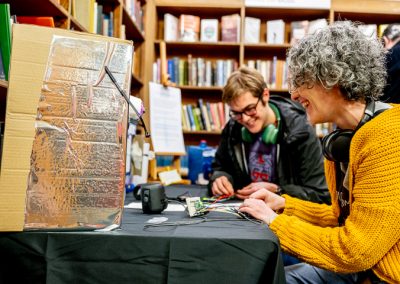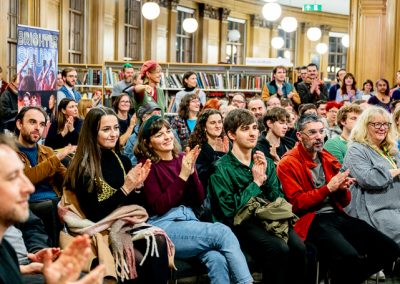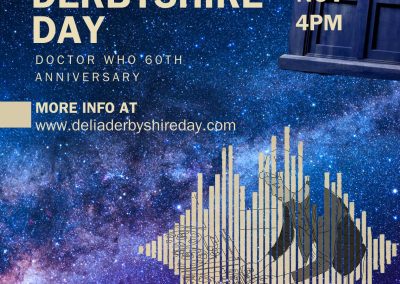Summary of our DD DAY 2023 programme
We are grateful to have been able to deliver our largest project yet, with wondrous support from Lottery players via National Lottery Heritage Fund and the support of many partners, volunteers, creative/heritage professionals and participants. We offer a summary here of the main activities we set out to do and report on how it all played out. Then how we have delivered on heritage outcomes as laid our by the National Lottery Heritage Fund.
Fundamental respect to Delia for consistently being an inspiration, while her heritage and work sparks imaginations and helps people develop new skills. Photos featured are mainly taken by Shirlaine Forrest.
We delivered the project within budget, to schedule and with no major problems. The project enabled a total of 197 days of paid employment, of which 104 days were worked by the core team, 24 days by the four commissioned artists, and a further 69 by freelancers. Our wonderful team of 6 younger volunteers contributed 290 hours in total.
1 – Establish new heritage – DD Day archive
The DD Day archive has now been set up at John Rylands Library (JRRIL) in Manchester, thanks to work of archivist Imogen Durant. The archive is in the process of being integrated into the online cataloguing system so should be available via the JRRIL Elgar catalgue by May 2024. It will be open for members of the public to visit in person and access online.
Items include promotional material and press since the first DD Day in 2013, transcriptions of new oral histories relating to DD Day, Doctor Who and Delia as well as artefacts from our work in schools, final pieces and working notes from commissioned artists since 2013. We are pleased to preserve and represent a wider range of people in heritage. This is a living archive so will be added to every 2 years. Click here to read more about the DD Day Archive.
We are delighted with the new collection catalogue and look forward to ongoing archive accruals. The organisation produces hugely high quality creative and educational work. It’s a testament to its staff and a great example of the ways that archives can inspire new creative works.
2 – Younger volunteer programme
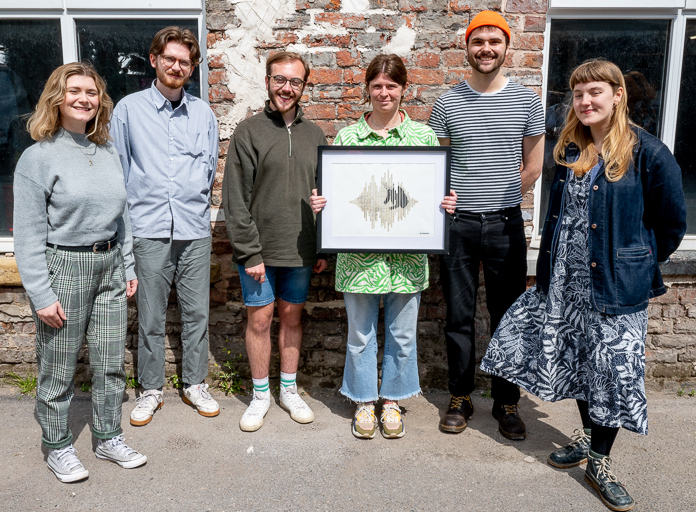
Volunteer coordinator, Laura Seddon, and six volunteers were recruited. The volunteers were highly engaged throughout the project, clocking up 290 hours in total. The volunteers reported having opportunities to make meaningful contributions, and develop useful skills. The involvement of the volunteers embedded a much appreciated youth voice throughout the project, as well as upskilling the potential future workforce in the heritage and cultural sector. With wonderful evaluations, a few things we can do better and marvellous future suggestions for DD Day, the impact of the work of our DD Day 2023 team of volunteers will live on far beyond 2023. Three of the volunteers expressed interest in become a DD Day younger trustee too.
I have loved it and it has made me realise how wonderful it is to wake up in the morning and be genuinely excited to face the activities of the day ahead.
I was so surprised by how much I got out of the experience, and how much it really would be an opportunity to expand our skill set and work on a variety of activities.
It seemed like everywhere we turned, there were more opportunities to add strings to our bows – social media video production, artist commissioning, radio hosting – and I now feel miles better equipped to apply for interesting jobs/roles.
3 – Inspirational Days in primary schools
The ten sessions were delivered in five schools, and engaged 300 students from years five and six (aged nine to eleven). One Education Music helped by recruiting primary schools. The sessions were designed and delivered by the facilitators (Mandy Wigby, Alice Richards, Ayeshah George and Lavender Rodriquez), project manager Caro C & some of the volunteers. The content of the sessions was relevant to the aims of the project, in that children learned about heritage and archives, and about the diversity of the original Doctor Who production team and composers over the years. Part of the day included making and playing a wobbulator kit (see Kids Make Their Own Wobbulator post for more about this) and Belle Vue Productions working with us and the kids to make a new short film about Doctor Who (more on this imminently).
Feedback from volunteers and lead facilitators was very positive, with some opportunities for learning highlighted. The sessions received positive feedback from teachers. The participating schools were well chosen to reflect the diversity of the Manchester population, and reached communities with catchment areas of lower than average income and higher levels of deprivation compared to the UK average.
The best things about the day were the children being able to make and learn about how music was made, making the wobbulator and it was inclusive – all the children were able to access the activities and had the opportunity to participate and be creative.
I loved making the wobbulator. The bad thing was I wanted more time with the wobbulator.
I loved making Wobble Dobble (wobbulator prop for the film).
I didn’t like that they took the props away – I can’t wait for my TARDIS to come back to me when the film is finished.
I enjoyed making my own archive items. I made some football tactics.
4- Making short film “Doctor Who at 60:The Origin Story”
Film production company Belle Vue Productions was commissioned to work with the Manchester primary school students to create a film telling the story of Delia, Doctor Who, the BBC Radiophonic Workshop and the creation of the original Doctor Who theme tune. Those who had not completed filming permission were involved in behind-the-scenes roles such as making music, sound effects, drawings, prop making, script writing and voice overs. The film was screened as part of the DD Day 2023 live event at Manchester Central Library on 23 November, to an audience of over 120, and will remain on our Youtube channel.
5- Creating new heritage: transgenerational oral histories exploring working on Doctor Who in 1963
40 pupils from two of the five schools conducted interviews with Dick Mills (Delia’s tape assistant producing Ron Grainer’s original Doctor Who theme in 1963), Brian Hodgson (inventor of TARDIS and Dalek sound effects) and Carole Ann Ford (actor who played the first Doctor’s assistant in 1963). The interviews have been mastered and are now part of the Delia Derbyshire Day Archive at JRRIL. One of the volunteers, amazingly edited some audio extracts that were accessible to the public as part of the DD Day 2023 live event at Manchester Central Library.
We learnt about Doctor Who. We asked questions to Carole and she answered all of the questions and we even learnt about what life was like in 1963.
We watched the first ever episode of Doctor Who. I liked it because it is different from TV nowadays, it was quite realistic and spooky in black and white.
We learnt how to make the music using different sounds and learn about the old music.
I learned new words. It was something differnet, something new.
I learned what an archive is and who Delia Derbyshire is.
6 – Creative commissions for underrepresented artists
Two new audio visual works were created by four artists working in collaboration, responding to the theme of Doctor Who at 60, Delia Derbyshire, with direct interaction with the DD Archive at JRRIL. One of the audio visual works was co-commissioned with Brighter Sound. The works were well received at the live event, and have been viewed 390 times on video sharing platforms as of Jan 2024. For the first time, we offered mentoring support for each artist, which was very much appreciated and something we will try to continue to offer. The 4 mentors were previously commissioned DD Day artists so were aware of the joys and challenges involved in undertaking a DD Day commission. The works and working notes have been donated by three out of the four artists to the DD Day archive where they will be accessible to the public. Click here to visit our DD Day 2023 page to find out more about and view the new works.
Exploring the archives was fascinating and so much fun. I couldn’t believe how much there was! I was especially struck by the repetition evident in Delia’s composition process and the frequency of stars appearing in her drawings.
My new work was influenced by Delia’s methods of generating material based on extra-musical stimulus (e.g. using morse code and/or the alphabet to generate materials) and I was also inspired to create my own sounds and manipulate them as if they were tape.
I think the screening event was great. Really well organised and attended! Perhaps being in a dark room would be better for screening, but I don’t really think it was a problem. The volunteers did and amazing job.
7 – DD Day 2023 live event at Manchester Central Library
This additional element of the project was added after the project was initiated. The idea came from the volunteer steering committee meetings and was approved by DD Day Trustees and National Lottery Heritage Fund as we reallocated other parts of the budget. It was agreed that this was a good opportunity to increase the impact and reach of the project by creating new opportunities for the public to engage with heritage and it also provided an opportunity for DD Day to establish relationships with a new partner (Manchester
Central Library). The event was open to the public and was well attended, by over 120 people.
How we met NLHF outcomes for heritage
Outcome 1 – A wider range of people will be involved in heritage
DD Day exists to address inequalities in the arts, heritage and electronic music, so this project was a great opportunity for us to have more impact on this front. Four artists were commissioned to create new work based on the DD archive material. Of the four commissioned artists, one identified as non-binary gender, one was male and two female, while 3 identified as White European. Three of the artists had not worked with heritage before. Two artists self-identified as working class. Three artists have donated their works to the DD Day archive at JRRIL.
Five schools and a total of 340 Manchester school students aged 9-11 took part in Inspiration Days, and oral histories collection sessions. Compared to the average for England, the targeted schools had a higher proportion of students in receipt of Pupil Premium, demonstrating that the project reached diverse communities. The catchment areas of the schools also had a higher proportion of the population who were BAME. Some of the children’s work and feedback (audio and paper items) will be added to the DD Day Archive.
Six volunteers were recruited and took an active role in planning and delivering elements of the project. The volunteers had an average age of 26, and the project was therefore successful in engaging a younger cohort with heritage. We also received a number of impressive applications from younger people keen to work with us and develop skills in heritage/arts, which has led us to conclude that these opportunities are crucial.
The launch event in Manchester Central Library was open to the public and attracted 120+ attendees. The diversity of people attending was encouraging and felt very in tune with the people we want to reach and inspire with our work.
Most of the creative and heritage professionals we employed are women, who remain underrepresented in the electronic arts and heritage sectors.
Outcome 2 – Funded organisation will become more resilient
Having delivered online-only events in 2020, 2021, and 2022 due to the Covid pandemic, this project represented an opportunity to strengthen partnerships, audiences and workforce through delivering face-to-face activities. The partnerships developed with Manchester organisations have helped to enhance the activity and reputation of DD Day. The feedback has shown that the organisation left a positive impression on partners, artists, volunteers, mentors and schools.
The capacity of the core team was increased through the recruitment of a volunteer coordinator, whilst the project lead and trustees gained experience of managing a core team (3 staff) and a successful volunteer programme.
The creation of the DD Day archive at JRRIL and its new heritage (eg. creative commissions, oral history interviews) represent tangible assets which will enhance the organisation’s documentation and visibility.
Through the commissioning of an independent evaluation by Alex Winkcup, DD Day has developed knowledge of evaluation methods and valued this more objective perspective. We have built a strong evidence base of the impact of the current project which can be used to reflect upon for future activities and to advocate for the organisation.
Outcome 3 – People will develop skills
Through the Inspiration Days and Oral Histories School Sessions, 340 children aged 9 to 11 took part in activities which increased their skills and knowledge of heritage, music tech, music production, electronics, and film making.
Commissioned Artists developed skills of working with oral histories, heritage and archives to inform their practice. They also had the opportunity to develop their creative practice by working with artists from another discipline.
In designing and delivering the Inspiration Days, assistant facilitators were upskilled through the opportunity to work alongside more experienced lead facilitators.
The Project Manager and Trustees developed skills in managing more staff, and working with a team of younger volunteers.
Facilitators and volunteers undertook Safeguarding training in advance of the delivery of the Inspiration Days in schools.
Through formal training sessions (Oral Histories, Communication Skills, Safeguarding), and informal learning opportunities which came about through working on the project, volunteers developed skills including team working, communication, project management, time management, oral histories, event management, and working with children. These skills were reported to be relevant to their
career aspirations in the heritage, cultural and creative sectors.
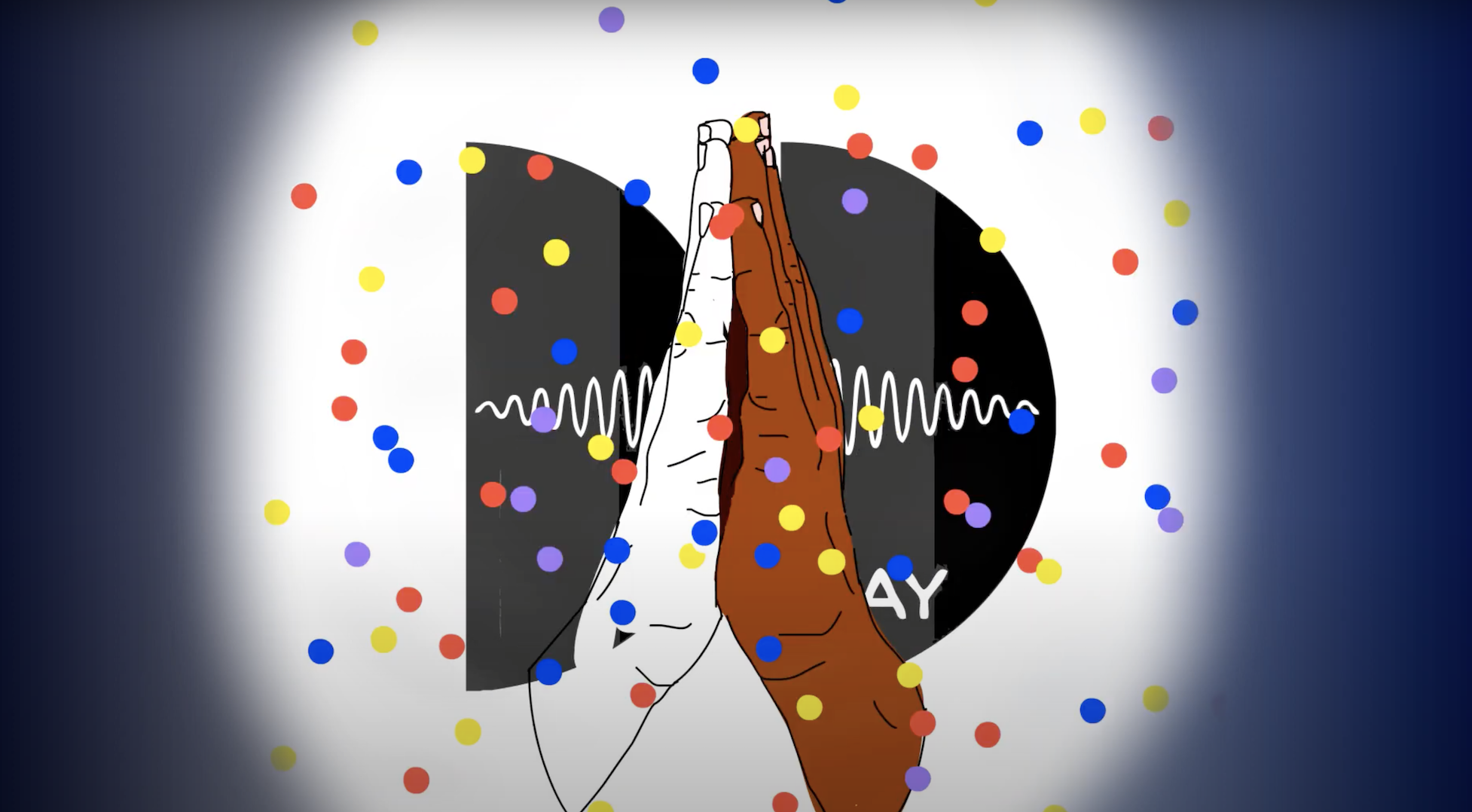
Thank you to everyone who’s been involved in and supported our DD Day 2023 project – ’til the next one!
